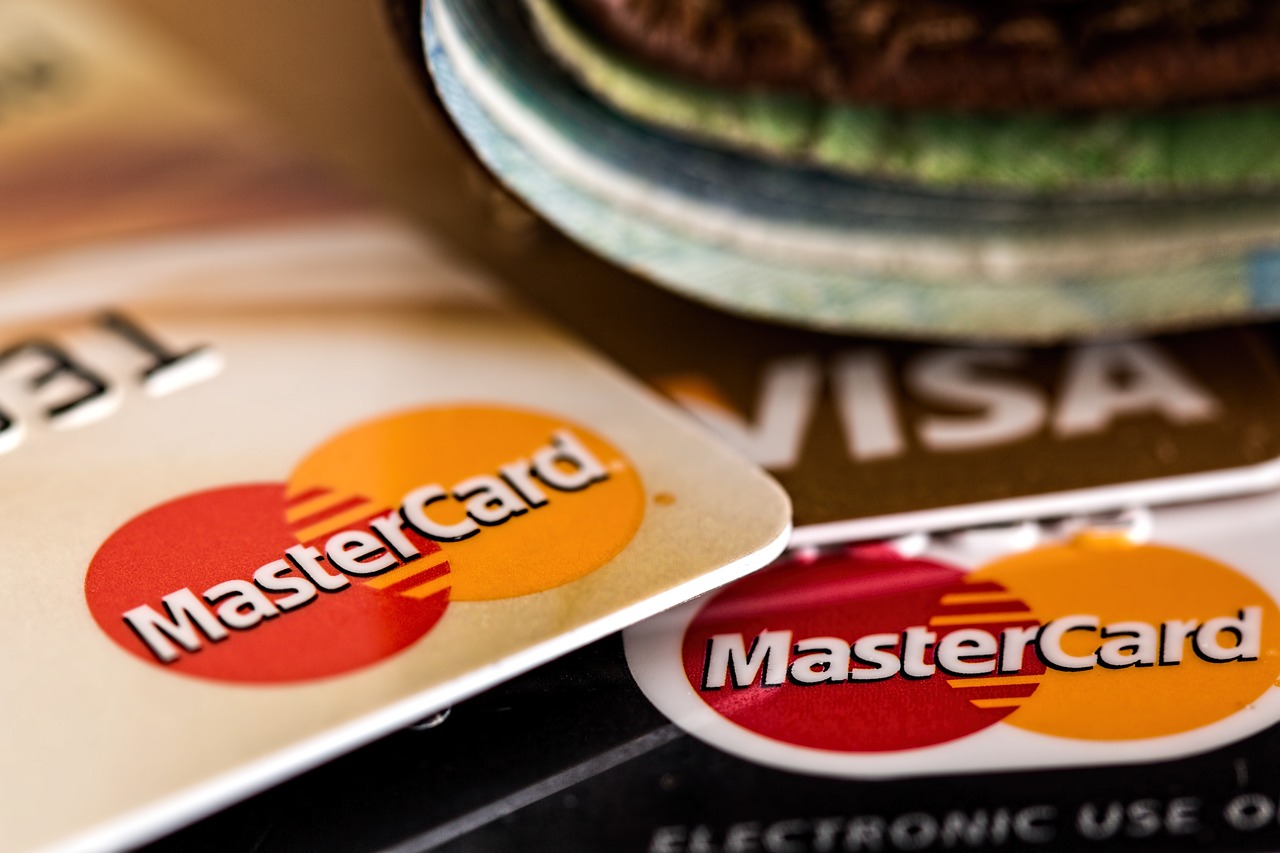
Settling debts can be a major component of probate and estate planning in Oregon
You might be planning your estate, setting up a trust, and/or writing your will. It can be comforting to think of how your assets can benefit people after you pass away. You might designate contributions to nonprofits or provide financial or other help to friends and family. That’s a crucial part of your planning. Soon a large question might loom though: What happens to my credit card debt when I die?
Will my credit card debt pass to my heirs or beneficiaries?
This is a really understandable question. Yes, sometimes people have credit card debt when they die. In fact, according to credit agency Experian, US credit card debt totaled $1.07 trillion in 2023.
Will you have credit card debt in your name when you pass away? That debt typically does not pass to your heirs and beneficiaries.
During probate, creditors, including credit card companies, can seek to have debts paid from the assets of the estate.
However, those debts will remain in your name. They don’t become the responsibility of your friends, family, or other heirs or beneficiaries. Executors and/or personal representatives of the estate are also not personally liable for the debts of the deceased’s estate.
Of course, there are exceptions. The advice of an estate attorney can help you be aware of potential liability for the deceased’s credit card debts.
If the credit card account has a joint owner (not an authorized user, but another owner on the account), the credit card debt can become the responsibility of the joint owner.
When you die, this is what happens to your credit card debt
After you pass away, your estate enters probate in Oregon. Creditors have a limited time period where they may enter a claim upon the estate and its assets. Here’s what typically happens next:
- Debts owed by the deceased and claims entered from creditors are evaluated by the probate court
- Assets from the estate are liquidated to settle those debts
- If assets are exhausted, there may be no additional debts paid. This depends on the type of debt and type of asset
- However, if assets are exhausted, that may decrease or deplete available assets to be paid out to heirs or beneficiaries
- If the unpaid credit card debt is not the responsibility of a joint owner, that debt will be discharged
What if debt collectors call the personal representative about owing credit card debt?
Debt collectors have a legal right to collect on a debt. However, federal and state laws place limits on their rights. Those limits include what a debt collector may say or claim to a personal representative or anyone else involved in the estate.
For credit card debts owed by the deceased but not on jointly owned accounts, parents, children, and others are not liable for those debts. They do not inherit the credit card debt of another person.
If a debt collector attempts to hold someone else responsible for the debts of the deceased, it could be in violation of federal and/or Oregon law.
Debt collectors do have the right to contact estate representatives about collecting debts. It’s a good idea to get any details or repayment agreements in writing from the debt collection agency.
Here’s how the Consumer Financial Protection Bureau (CFPB) puts it:
“If you’re a surviving spouse or a personal representative, executor, or administrator of a deceased person’s estate, debt collectors can contact you to discuss debts and payments from the estate. However, it’s not legal for them to state or imply that you’re personally responsible for paying the person’s debts from your own assets, unless your situation falls into one of the specific circumstances listed above that would make you legally obligated for the debt.
“Under the Fair Debt Collection Practices Act (FDCPA), debt collectors may not harass, oppress, or abuse you or any third parties they contact. Even if you’re legally responsible for a debt, you have the right to tell a debt collector to stop contacting you.”
Oregon estate planning and credit card debt FAQ
Can credit card debt collectors go after the family of a deceased person in Oregon?
Debt collectors may only legally seek payment from someone who owns the accounts.
Can credit card debt collectors go after inheritance in Oregon?
Debt collectors can be considered creditors under probate law. They have a responsibility to file a creditor claim on the estate. That’s how they can be considered for payment of debts owned by the deceased.
Can credit card debt be inherited by heirs in Oregon?
Heirs or beneficiaries can only be liable for another’s credit card debt if they are a co-owner of the account. Otherwise, heirs or beneficiaries do not inherit someone else’s credit card debt.
Can a credit card company take money from an estate account in Oregon?
A credit card company or credit card debt collector can file a claim in probate. That claim can seek payment of debts from estate assets.
Credit card debt can impact an Oregon estate
There are limits on what happens to credit card debt when someone dies in Oregon. However, credit card debt can still impact an estate. Settling debts can decrease assets available to heirs or beneficiaries. The credit card debt collector is an additional creditor seeking claim on the estate’s assets.
Is credit card debt a factor in your estate? There may be options that protect assets. There may be other factors in play that you’ll want to know about.
Need help on credit card debt’s potential impact on your estate?
Image by Steve Buissinne from Pixabay
